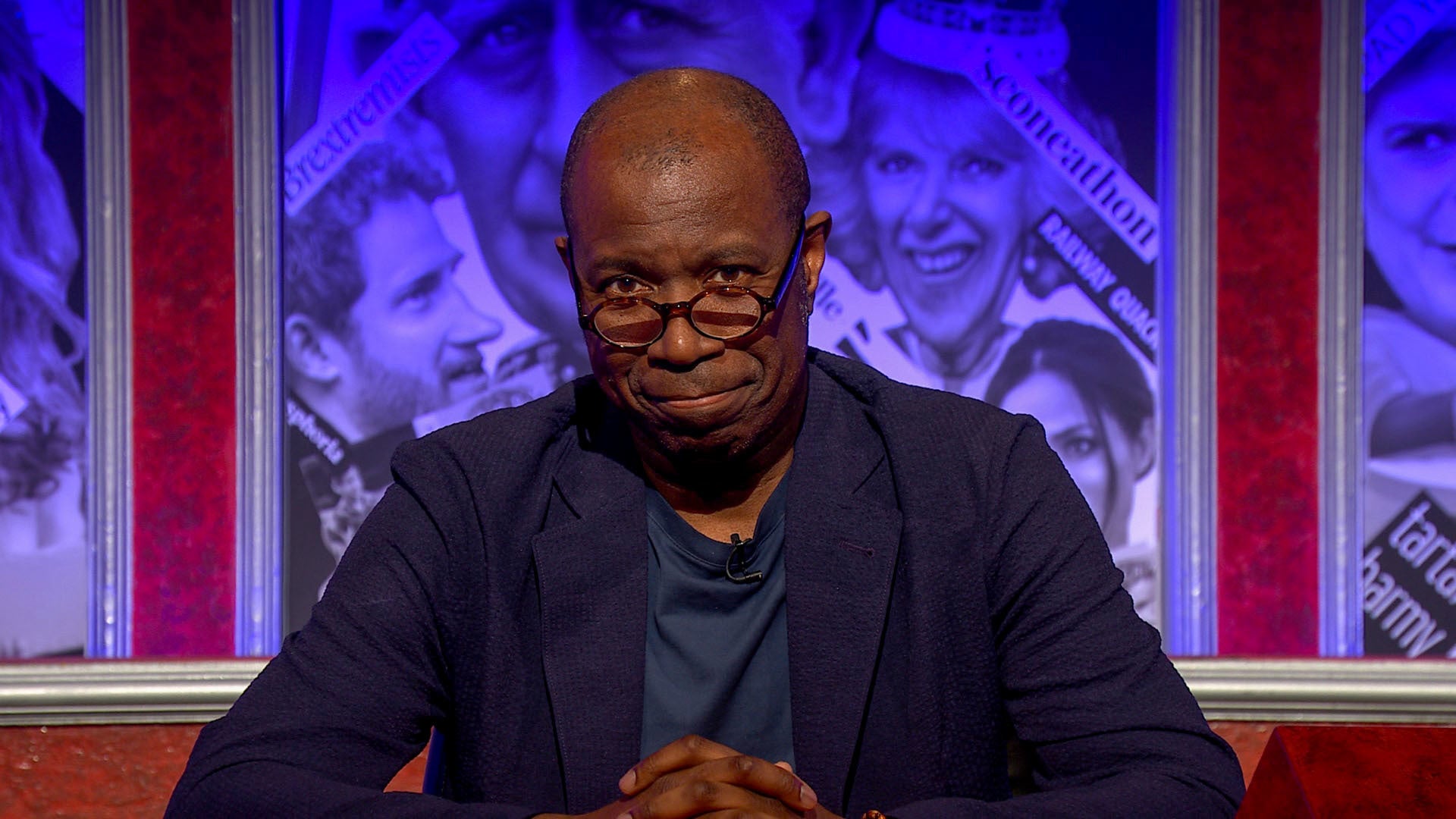BBC presenter Clive Myrie explains why his family disliked the news channel
Newsreader said ITV felt more ‘human’ as the BBC ‘didn’t have any Black people on it’

Your support helps us to tell the story
From reproductive rights to climate change to Big Tech, The Independent is on the ground when the story is developing. Whether it's investigating the financials of Elon Musk's pro-Trump PAC or producing our latest documentary, 'The A Word', which shines a light on the American women fighting for reproductive rights, we know how important it is to parse out the facts from the messaging.
At such a critical moment in US history, we need reporters on the ground. Your donation allows us to keep sending journalists to speak to both sides of the story.
The Independent is trusted by Americans across the entire political spectrum. And unlike many other quality news outlets, we choose not to lock Americans out of our reporting and analysis with paywalls. We believe quality journalism should be available to everyone, paid for by those who can afford it.
Your support makes all the difference.Clive Myrie has admitted that he grew up watching ITV News because his family saw the BBC as “too posh” and “too poncey”.
The presenter first joined the BBC in 1987, rising through the ranks from local radio to a regular face on BBC News and the host of Mastermind.
But Myrie has now admitted that, growing up in Bolton, his Jamaican immigrant parents chose to watch ITV News instead.
“The BBC was too posh, too poncey and they didn’t have any Black people on it,” he told the Radio Times. “ITV had Big Trev. It was more human the way ITV did the news.
“I hope the BBC has now got to that level, but in those days it was like handing down tablets of stone. This is public service broadcasting, these are your greens. Whereas ITV was like, ‘Let’s stick a bit of chocolate cake in there.’”
The presenter, who recently released his memoir Everything Is Everything: A Memoir of Love, Hate & Hope, has previously spoken about his parents emigrating to the UK as part of the Windrush generation.
In 2017, it began to emerge that hundreds of Commonwealth citizens, many of whom were from the Windrush generation, had been wrongly detained, deported and denied legal rights.
Discussing the Windrush scandal in the book, Myrie, 59, claimed that one of his half-brothers, Lionel, had been denied benefits and healthcare.

He was able to prove that he was in a school choir due to a pre-1971 Bolton Evening News photograph, but according to Myrie, was still awaiting both compensation and a British passport.

Watch Apple TV+ free for 7 days
New subscribers only. £8.99/mo. after free trial. Plan auto-renews until cancelled

Watch Apple TV+ free for 7 days
New subscribers only. £8.99/mo. after free trial. Plan auto-renews until cancelled
Another half-brother, Peter, was unable to travel to Jamaica with his daughter and died before he could go following a prostate cancer diagnosis, Myrie wrote.
In the book, the journalist said he was “angry and also ashamed of my own country” as a result of the experience.
“We’re all agreed that what has happened is a complete and utter disgrace – the question is: what do you do about it?
“I’m still hoping society understands what happened and tries to rectify it. You know, these people need restitution and that hasn’t happened yet – even though we all agree that something needs to be done.”
In July, a Home Office spokesperson said that “our determination to right the wrongs of the Windrush scandal remains as strong as ever” and the Government department added it is committed to “robust and proportionate policies”.



Join our commenting forum
Join thought-provoking conversations, follow other Independent readers and see their replies
Comments